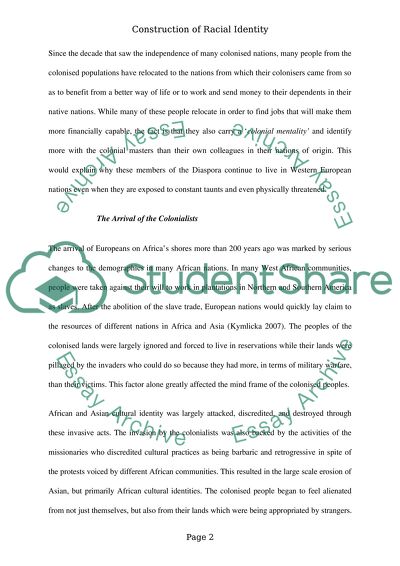Cite this document
(“How does the experience of colonialism and post-colonial migration, Essay”, n.d.)
Retrieved from https://studentshare.org/sociology/1492754-how-does-the-experience-of-colonialism-and-post
Retrieved from https://studentshare.org/sociology/1492754-how-does-the-experience-of-colonialism-and-post
(How Does the Experience of Colonialism and Post-Colonial Migration, Essay)
https://studentshare.org/sociology/1492754-how-does-the-experience-of-colonialism-and-post.
https://studentshare.org/sociology/1492754-how-does-the-experience-of-colonialism-and-post.
“How Does the Experience of Colonialism and Post-Colonial Migration, Essay”, n.d. https://studentshare.org/sociology/1492754-how-does-the-experience-of-colonialism-and-post.


